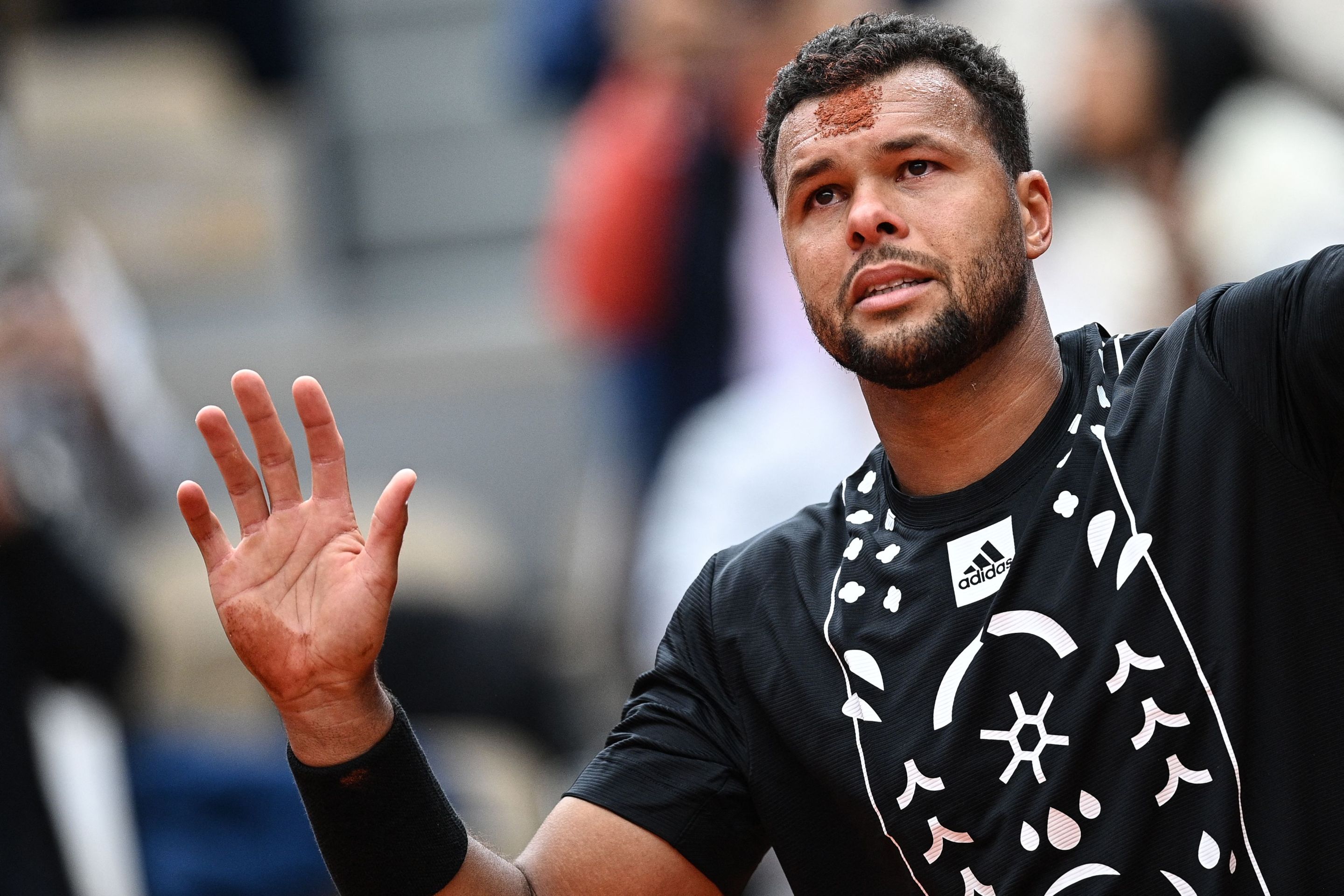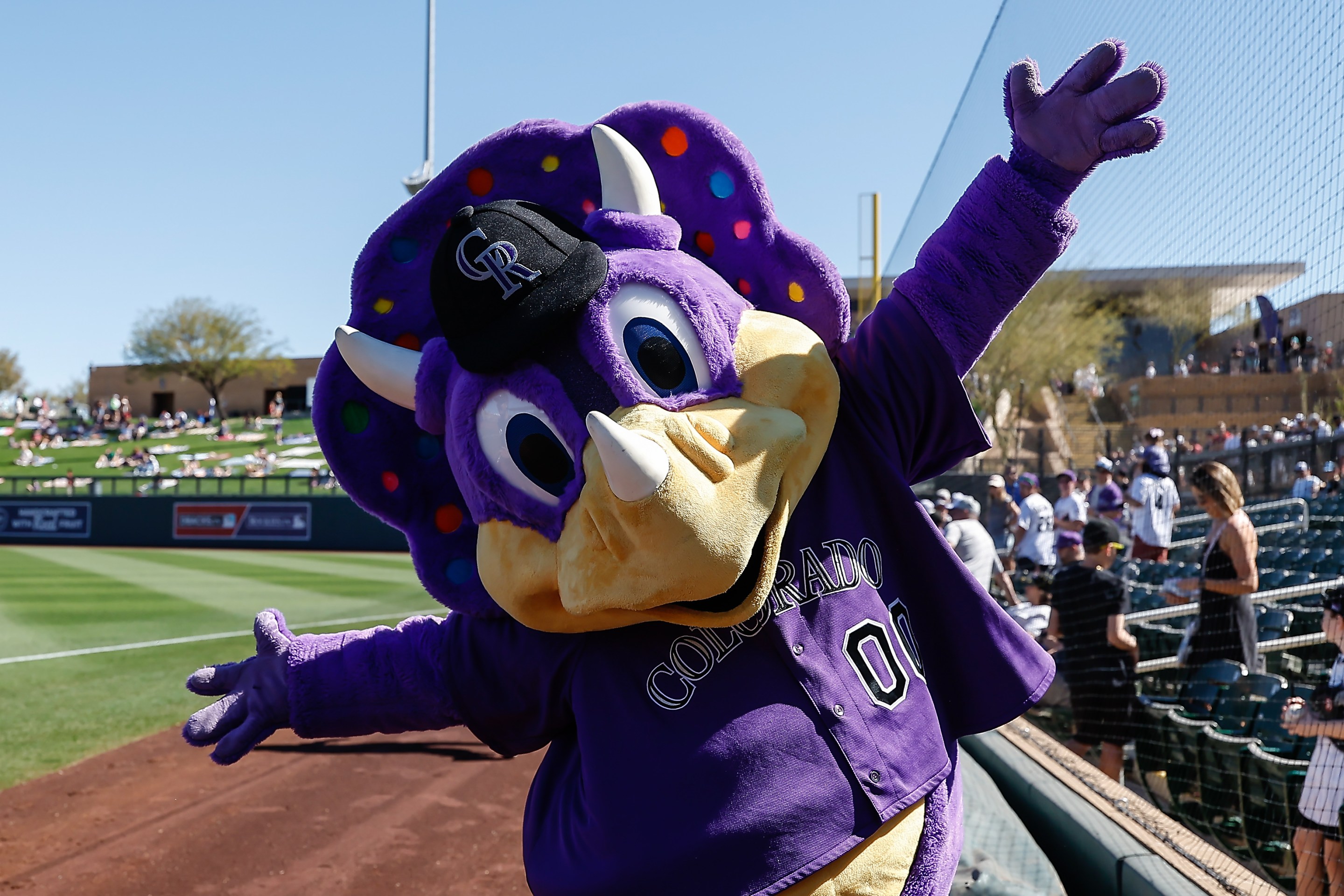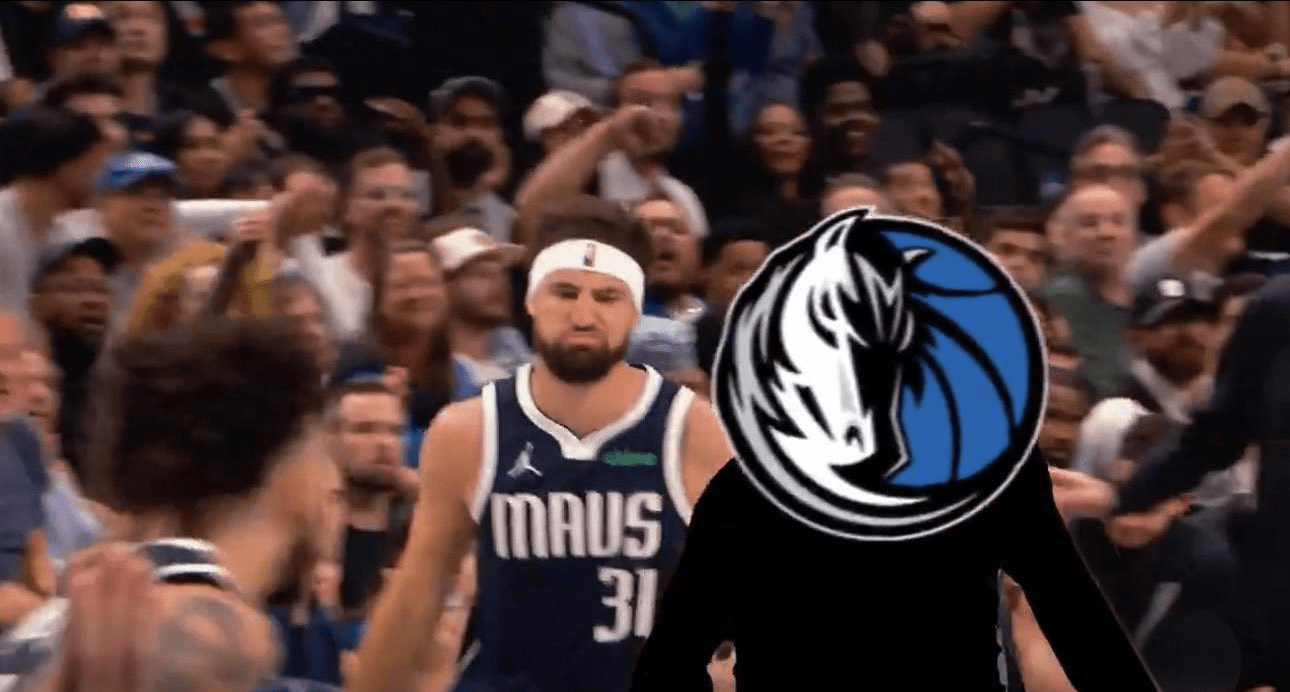Jo-Wilfried Tsonga, one of the most talented contemporaries of the Big Three, hung up his racket Tuesday at Roland Garros. He had announced in April that it would be the final tournament of his long, always entertaining, and sometimes white-hot career. Now world No. 297, the Frenchman took a wild card to play his home major, and in his first-round match against an elite clay player 14 years his junior, he left no fuel unspent.
Against No. 8 seed Casper Ruud, Tsonga miraculously outperformed his 37-year-old, multiply injured, infrequently touring body. Tsonga took the first set in a tiebreak, lost the next two, and was serving for the set at 6-5 in the fourth before he tweaked his right shoulder. Tears, a physiotherapist visit, and underarm serving ensued; he was shut out in the final tiebreak. He hugged Ruud, knelt and pressed his forehead into the clay, took in minutes of applause from the crowd in Paris, and was joined by his friends and family for an on-court tribute.
If you've paid attention to tennis over the last decade and a half, you might be tempted to clump Tsonga into a group: as one of a gifted but underperforming cohort of Frenchmen, say, flanked by Richard Gasquet and Gael Monfils. Or you could drop him in a higher class, the most deserving players to lack major titles, alongside Tomas Berdych and David Ferrer. But maybe he's best understood all on his own.
The nickname "Ali" suited Tsonga, who had a showman's bounce in his step, and the game of a heavyweight, all bruising power and trusty reflexes. He pulped opponents one of the heaviest forehands of his era. He took pains to hide his backhand from them, but it was still good for the occasional thrill, especially when he'd pull one hand off for a cheeky winner. At his physical peak, his net game was a wonder of diving stabs and sweet feel. During his unseeded trip to the 2008 Australian Open final, Tsonga blitzed semifinal opponent Rafael Nadal. That drop volley clinic, conducted on tennis balls with young Nadal-level action, looks like doctored video:
After that Nadal upset, Tsonga lost to Novak Djokovic in the only Slam final he'd ever play. He'd later cite this loss as one of the big regrets of his career, given that he would go on to beat a pre-prime Djokovic the next five matchups in a row. Djokovic, of course, kept getting better and better, and his opponent did not. The Big Three blotted out a generation's title hopes, and perhaps no man's trophy case was as directly impacted as Tsonga's. Which is not to say that he didn't get his, on occasion. He's one of three players to ever beat all three of Djokovic, Rafael Nadal, and Roger Federer at the Slams. He's also one of three players to beat those three while each one held the No. 1 ranking. When he won the 2014 Masters title in Montreal, beating Djokovic, Andy Murray, Grigor Dimitrov, and Federer in a row, he said he was so tired that he peed blood.
Jo-Wilfried Tsonga probably could have maintained his body better to fend off the injuries that impeded his late career. He probably could have refined the technique on his two-hander. Whatever. The tennis boomer in me leaps out when I revisit the old tape and realize this former world No. 5 would've pasted most of the kids sulking on the baseline these days. Sometimes you just catch some rough timing and emerge from the womb on the same timeline as the three best ever to do it. You can still tangle with the best, land some punishing blows, pee red, and delight millions.





